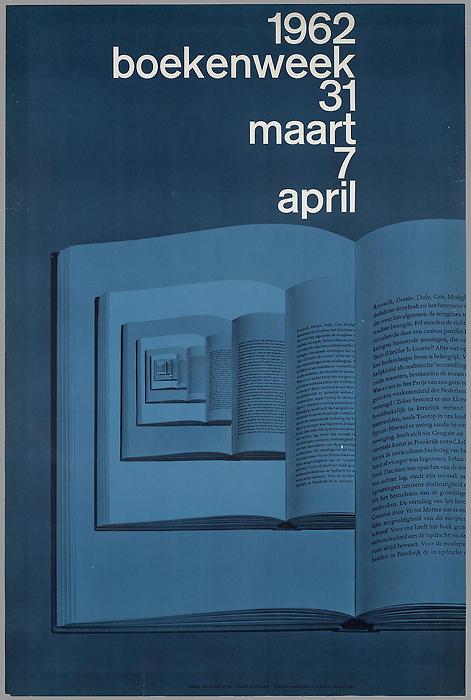In relation to the previous post, Frédéric Kaplan offers, in one note of his essay, a description of how debates about the end of the book generally develop. It seems useful to keep this discourse’s path in mind in order to avoid the loop repetition of the same mental models:
Most debates follow the same pattern. One will say that with a single digital reading device he can take a whole library with him. The other will challenge him to read an ebook on the beach, taking a bath, arguing for the versatility and simplicity of use of the paperback option. The first will argue that with digital version of books, he can browse reference, navigate links by links, opportunistically launch a search based on each word of the text, benefit from ready-to-hand translation services : a whole new reading experience, far from the linearity of the printed book. The second will argue that books have not waited to be digital to permit various forms of non linear reading, that they give much a much better sense of spatiality to the content of a discourse, that can be skimmed, globally scanned, glanced in a couple of seconds, annotated, bookmarked. The first will argue that digital books can also be annotated and bookmarked, and that these annotations can be exported, saved for the future. Tired, the printed book defendant may just launch its “killing” argument : printed books smell good, inspired nostalgia, embed in their materiality a full historical process. He will recall how he discovered a jam-stained page in his copy of Treasure Island, and how this serendipitous encountered made him recall of the good reading afternoons of his childhood. Each printed book is a potential Proust’s Madeleine. At this point, the debate turns bad. It is time to leave the room …
Source: Frédéric Kaplan – How books will become machines, 2011.



